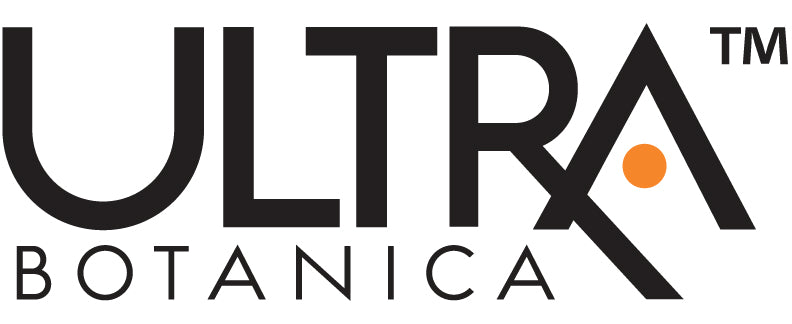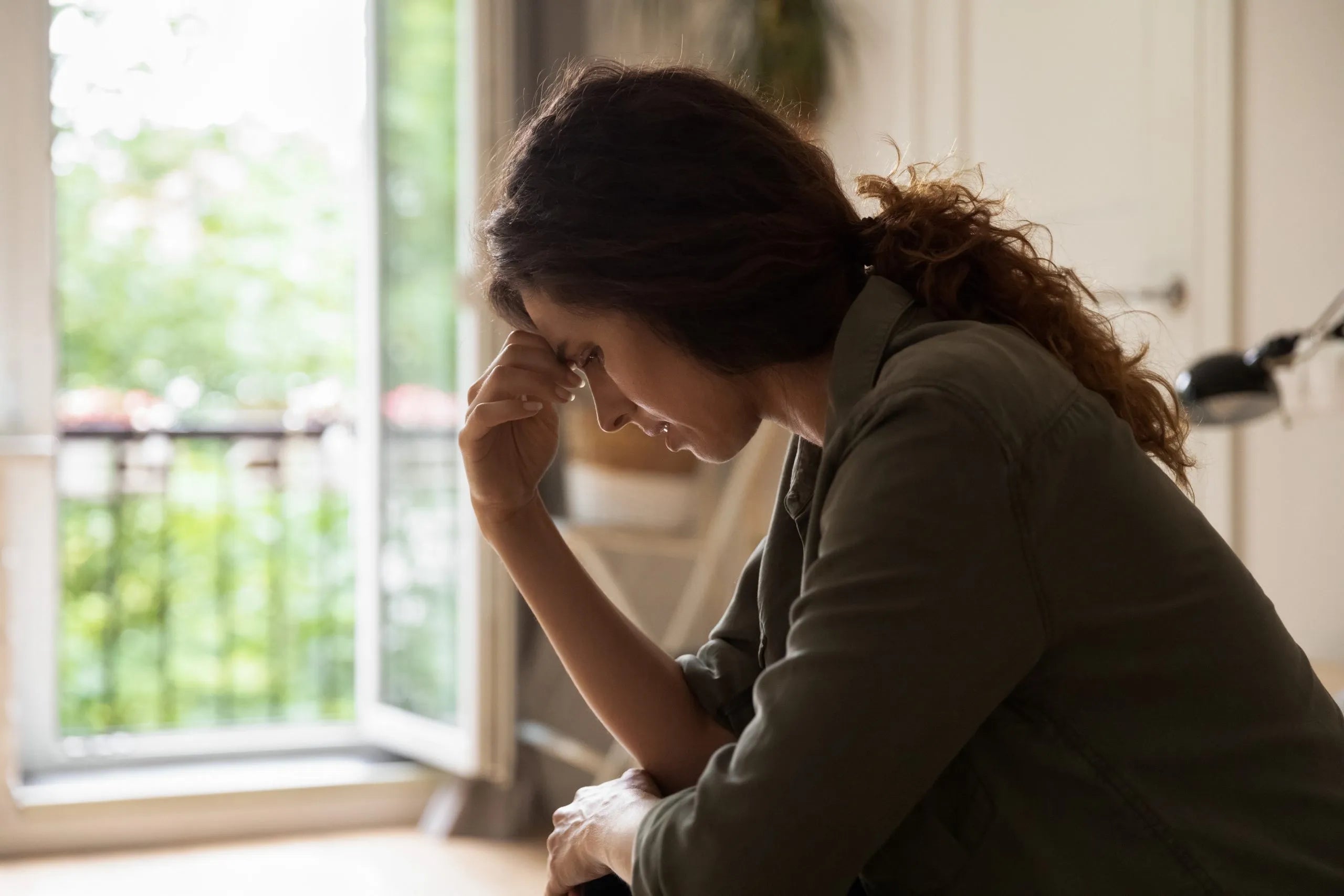Dealing with depression can feel incredibly isolating. But you're not alone. Millions of adults experience depression each year, and often over the holidays. Many find natural remedies for depression offer a helpful path, alone or alongside traditional treatments.
Depression is a year-round problem, but during the holidays it can intensify, and can become even more isolating.
This exploration delves into evidence-backed natural remedies, lifestyle adjustments, dietary considerations, and helpful supplements. Discuss natural remedies for depression with your healthcare provider and start feeling better today.
NOTE: If you or someone you know is having suicidal thoughts, please call the 3-digit 988 number for the National Suicide Prevention Hotline for immediate help. This is a special number set up specifically for mental health emergencies.
Causes of Depression
Depression is linked with disruptions to various closely related neural and cognitive processes, including dopamine and serotonin activity, neural pathways that promote cognitive and behavioral functions in the brain, and reward processing and motivation.
With some 86 BILLION neurons in the brain, there's a lot that can go awry. Especially when adding potential emotional trauma to a diet of ultra-processed foods, poor sleep, and sedentary lifestyle, all of which play key roles in depression.
Lifestyle Changes to Lift Your Spirits
Simple lifestyle changes can significantly lift your mood. Regular aerobic exercise, like jogging or swimming, releases endorphins. These natural mood boosters also relieve stress.
Studies show that exercise outperforms antidepressants in major depression in adults, when done three times per week for 12 to 24 weeks. Such exercise programs typically result in a medium to large reduction in depression symptoms, measured by symptom rating scales.
What's more, exercise regimens produce a 22% higher likelihood of remission from depression versus standard of care. And exercise did not result in any significant side effects.
Even a walk combined with sunlight exposure helps. Sunlight regulates your sleep-wake cycle and boosts serotonin production, improving mood regulation.
And don’t underestimate social connections. Meaningful relationships provide support and ease feelings of isolation. Meaning that volunteering or joining a club might lift your spirits. (In fact, there's some evidence that serving others through volunteerism helps the giver feel better.)

Dietary Considerations and Natural Remedies for Depression
Food literally fuels our minds. Or not... depending on what you eat. Avoid these foods that have been found to trigger depression. Is it time for a dietary makeover?
1. Fast Food.
Fast food is cheap, convenient, and (sometimes) even tastes good.
But researchers have found a link between depression and inflammation in the body, which is exacerbated by the ingredients in many fast foods... looking at you, trans-fats, carbs, sodium, sugar, and artificial flavors and sweeteners.
A large study found that people who eat fast food regularly have a 40% greater risk of developing depression. The researchers believe the high levels of trans fats were a primary contributing factor.
In addition, those who eat a lot of fast food were found to be less resilient to depression symptoms.
2. Sugar.
Some research has found a link between high consumption of sugar and sweetened beverages and depression, potentially due to increased inflammation and hormonal imbalances.
3. Artificial sweeteners.
You may be tempted to replace your sugary beverages with artificial sweeteners. But research shows that would be a mistake, as they're also linked to depression. Some artificial sweeteners seem to be worse than others.
For example, those who consumed a diet high in aspartame had more depression and a more irritable mood. Scientists think that may be because of how it impacts chemical balances in the brain (serotonin and dopamine, and an increase in the "stress" hormone cortisol).
4. Processed oils.
Processed oils and trans fats increase systemic inflammation, which can ruin your mood and disrupt your neurotransmitters. Avoid all seed oils and stick to olive oil, avocado oil, coconut oil, MCT oil, and real butter. Consider everything else off-limits.
5. Excessive caffeine.
Small amounts of caffeine may boost mood. But more than a little can create more stress and lead to depression, according to studies.

What to Eat Instead
Focus on whole foods like fruits, vegetables, beans, and whole grains for sustained energy, minus the crashes. Ditto for leafy greens, a good source of folate, which aids brain health.
Consume foods rich in omega-3 fatty acids, like salmon. Foods that feed your brain are best. Eating for a healthy gut with probiotic-rich foods (yogurt, kefir, sauerkraut) also affects brain health, via the gut-brain axis.
Some studies reveal healthy fats such as omega-3s support brain function and may ease depression symptoms, especially for those with deficiencies.
Guidelines suggest a combined total of 250 to 500 mg per day of DHA and EPA, but most Americans get far less, across all age groups.
Herbal Supplements and Other Alternative Therapies
St. John's wort shows promise, especially for mild-to-moderate depression. Discuss it with your doctor before use, especially if you take other medications it may interact with.
SAMe (S-Adenosylmethionine) is another supplement. Some find it helpful, while others don't. Speak to your doctor to determine if it’s right for you, as it may interact with antidepressants.
5-HTP and DHEA are under research. Early studies are promising. Research supplements and buy from a reputable source that's third-party tested and does not contain excipients.
Omega-3 fatty acids should be taken as a supplement if you don't frequently consume salmon or other fatty fish.
Curcumin was found in a 2019 study to have a significant benefit on depression and anxiety symptoms of major depressive disorder. The findings suggest that curcumin added to standard care may improve depression and anxiety symptoms in people with major depressive disorder (MDD).
Curcumin increases the availability of dopamine and serotonin, possibly by inhibiting monoamine oxidase (MAO) which regulates these transmitters. UltraCur™ curcuminis a proven highly absorbable form of curcumin that effectively gets the curcumin into the system and the cells.

Guided imagery helps alleviate depression by using mental visualization to create calming and positive scenarios. This practice can reduce stress, promote relaxation, and improve mood by shifting focus away from negative thoughts.
Light therapy helps treat depression, particularly seasonal affective disorder (SAD), by mimicking natural sunlight to regulate the body's internal clock.
Exposure to bright light can boost serotonin levels, improve mood, and reduce depressive symptoms. Consistent use can be an effective, non-invasive treatment option for managing depression.
Meditation helps manage depression by calming the mind, reducing stress, and fostering emotional balance. It encourages mindfulness, allowing individuals to observe their thoughts without judgment and break cycles of negativity.
Breathing exercises help reduce depression by calming the nervous system and lowering stress levels. Focused, deep breathing promotes relaxation, improves oxygen flow to the brain, and interrupts negative thought patterns.
Seek Guidance From Your Healthcare Provider for Natural Remedies
Exploring natural remedies for depression can be a positive step. But please do so under the care of a holistic healthcare provider.
They can assess if natural remedies are beneficial, safe, and compatible with existing treatments you're taking for depression symptoms and other health conditions. This will empower you to make the best informed decisions about what's best for you.
If depression persists, they can recommend additional resources, provide guidance, support resources, crisis support lines, and treatment referrals.
If you or someone you know is having suicidal thoughts, call the three-digit 988 number for the National Suicide Prevention Helpline to get emergency help.

A Holistic Approach to Healing
A holistic approach incorporates nutrition, natural remedies, mental coping techniques, and personalized health practices.
It emphasizes collaborative planning with professionals, including education and preventative care. These combined treatment plans are tailored to individual needs and concerns.
Combining Alternative Therapies and Standard Medical Treatment
Integrating natural approaches with standard medical care can provide further improvement. For example, adding omega-3s and vitamin D alongside therapy may boost mood. These changes can work in tandem with your conventional treatments, not replace them.
Holistic remedies are best explored by working with your physician. Your care provider can personalize dietary suggestions. Discuss with your physician before integrating additional therapies or changing established care options.

Conclusion
Natural remedies for depression offer complementary healing avenues. While some natural methods may help alleviate mild-to-moderate depression symptoms, approach alternative therapies with caution.
Seek professional guidance when integrating remedies and maintain ongoing medical care. Don't delay or replace conventional treatments with natural remedies without consulting a healthcare professional.
It's crucial to discuss all options with your provider to make informed decisions aligned with your health needs and determine the effectiveness and safety of any natural approaches.

Frequently Asked Questions
What is depression?
Depression is a common mental health condition characterized by persistent feelings of sadness, hopelessness, and a lack of interest in activities once enjoyed.
It can affect mood, thoughts, and physical health, often leading to changes in sleep, appetite, and energy levels. While it can feel overwhelming, depression is treatable with the right support and care.
What is guided imagery for depression?
Guided imagery, or visualization, involves creating positive mental images to improve mood and relaxation. Guided imagery may alleviate some depression symptoms.
How can light therapy treat depression?
Light therapy mimics natural outdoor light, impacting hormones related to mood and sleep regulation. It's particularly helpful for seasonal affective disorder (SAD) and certain sleep disorders.
What are other non-drug approaches for depression?
Yoga, meditation, aerobic exercise, breathing exercises, and spending time in nature are all examples of natural remedies for depression. They can improve your physical and mental health.


Share:
Understanding Anxiety Symptoms: Signs and Solutions
Achieve New Year's Goals: Strategies for Health and Balance